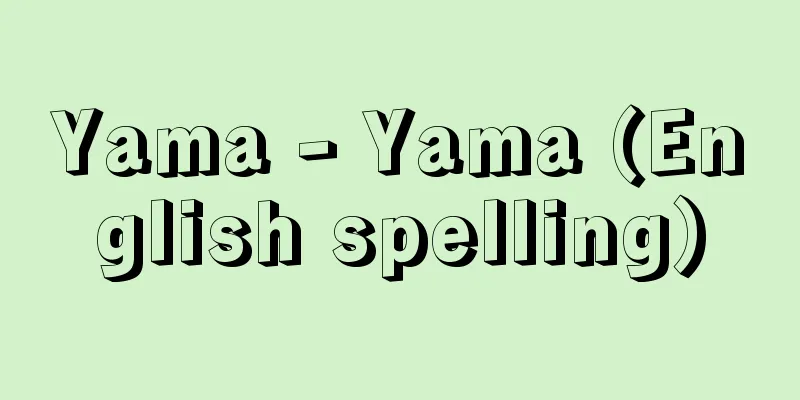Mousetrap - Mousetrap

|
The act of catching mice, and the tools used to do so. In rice-growing regions, mouse traps have been set up in grain warehouses since ancient times, and similar structures can be seen in high-floor warehouses from the Yayoi period in Japan, which are mouse-proof structures that are still in use today. Rat poison called "nekoirazu" has also been used for a long time. It is known that the West has also been troubled by mouse damage, as seen in the German legend of the Pied Piper of Hamelin (13th century). In Japan, rat extermination was regulated with the Infectious Diseases Prevention Law (first amendment, 1905), and during the plague epidemics from the Meiji to Taisho periods, mice were purchased for the equivalent of 5 sen each, and there were also times when a bounty was offered. Source: Heibonsha World Encyclopedia, 2nd Edition Information |
|
ネズミをとること,またその道具。稲作地帯では古くから穀物倉庫に〈ネズミ返し〉を仕掛け,日本の弥生時代の高床倉庫にも同様のものが見られるが,これは現在にも通用する防鼠(ぼうそ)構造である。猫いらずと呼ばれる殺鼠剤も永く使用されていた。西洋でも,ドイツの〈ハーメルンの笛吹き男〉の伝説(13世紀)にみられるように,ネズミの害に悩まされていたことが知られる。日本でネズミ駆除が規定されたのは伝染病予防法(第1次改正,1905)からで,明治から大正にかけてのペスト流行の際には,1頭5銭相当でネズミの買上げが行われ,懸賞金がついていたこともあった。
出典 株式会社平凡社世界大百科事典 第2版について 情報 |
<<: Mousebird (Japanese mousebird)
Recommend
Eadfrith
…It measures 34cm x 25cm and has 659 leaves. Acco...
Shared ride - Ainori
...Rickshaws became popular, and in February 1872...
Housewife's eczema - shufushisshin
What kind of disease is it? "My symptoms wor...
Masugata (square shape)
Also written as masugata. This is the most develop...
Nikolai Nikolaevich Sukhanov
1882‐1940 Russian critic. His real name was N. G. ...
Nihon Shokiden - Chronicles of Japan
A commentary by Suzuki Shigetane. It was completed...
La Voce (English spelling)
Italian cultural magazine. Meaning "voice&quo...
Battani - Battani
One of the greatest Islamic astronomers. His Lati...
School physical education
Physical education is conducted under the responsi...
Juumonji jellyfish - Juumonji jellyfish
A coelenterate (cnidaria) of the family Polytrichu...
Tanba ware
This is a pottery kiln representing Hyogo Prefect...
Old Asian Flu - Kyuajiakaze
…This epidemic has been known since Greek times, ...
Sending off the rainy season
Rain at the end of the rainy season. It is often h...
Fabius Pictor
…However, it can be assumed that the architectura...
Percopsis omiscomayeus (English spelling) Percopsisomiscomayeus
...However, the dorsal and anal fins have weak sp...








![Poodle [Breed] - Poodle](/upload/images/67ccb8338c52b.webp)
